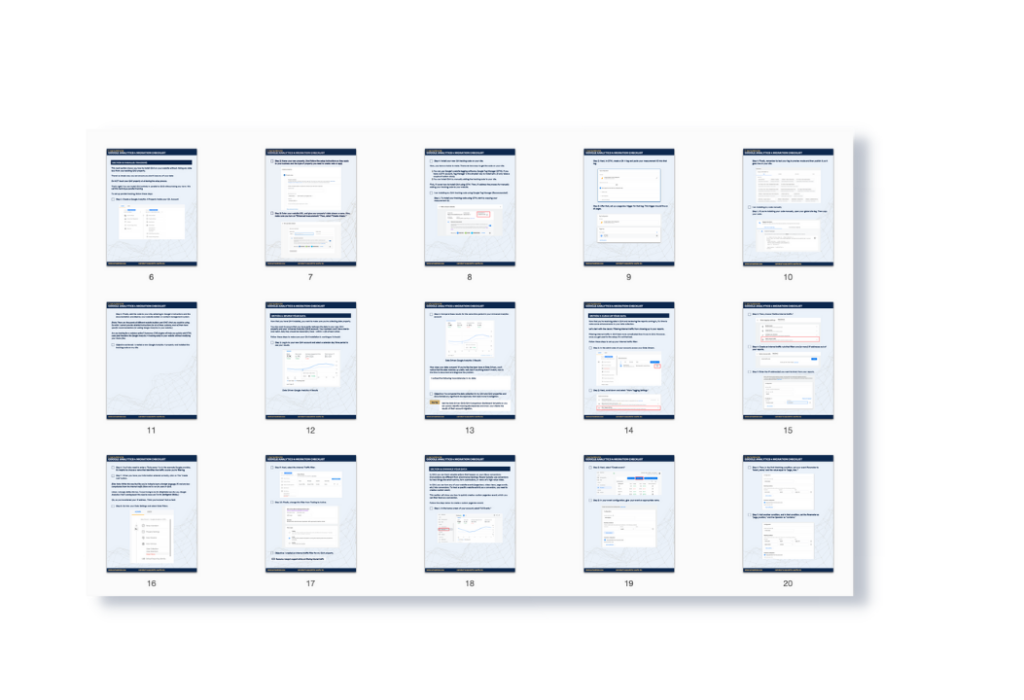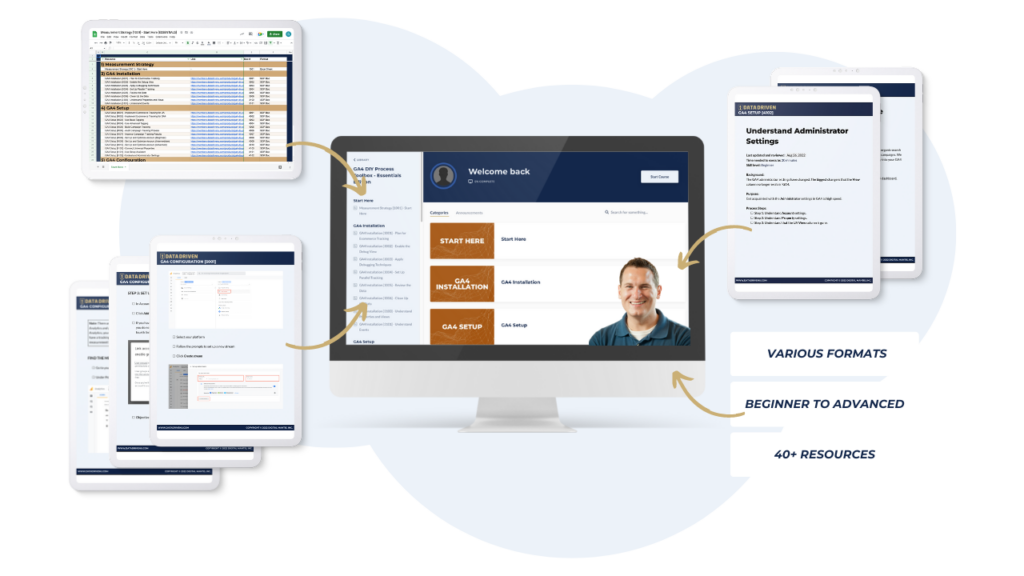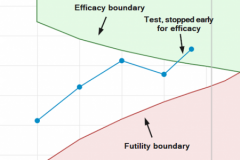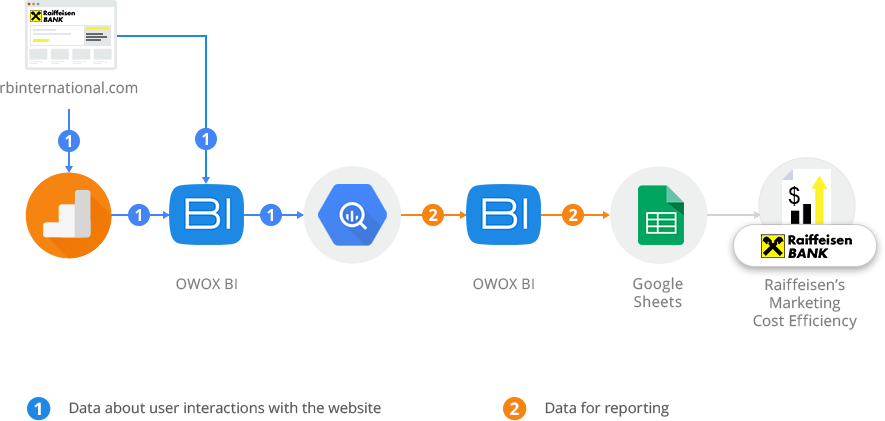Whether you got your start in Web analytics just recently or ages ago, you will inevitably go through the “newbie” stage and come out the other side. You break into the field, gain some skills and eventually find your niche. So now you’re a veteran Web analyst, what’s your approach to career advancement? It’s a tough question that will serve as the focus of this article.
At eMetrics 2010 in San Jose I gave a presentation on Careers in Web Analytics. I shared the stage with two other speakers, one of whom was my very own colleague, Allison Hartsoe. Allison focused her talk on what it was like for her, a self-described outsider, to enter the field of Web analytics. She mapped out what she did – networking, skill-building, job-hunting – to finally achieve her goal of landing a kick-ass job in Web analytics. She’s now my colleague at Semphonic, a leading Web analytics consultancy.
Allison’s story was fascinating, but it’s the tip of the iceberg in career development. During my share of the hour I touched on everything that comes up in a Web analyst’s career AFTER landing that first job in the field – because the quest for the perfect career is a never-ending process. I described the career landscape for those of us who’ve been at it for a while – the veteran Web analysts.
To help set the stage, here’s my own story:
I broke into the field of Web analytics way back in 1999 and I’ve stuck with it ever since. Over the course of my career I’ve held 8 different jobs, so if you do the math that’s 18 months per job. I’ve worked as an analyst on the client side, done product development on the vendor side and I’ve done a fair share of consulting work as an independent and in an agency setting. I’m currently the Vice President of Analytics at Semphonic. In addition to my day job I’m on the Web Analytics Association (WAA) Board of Directors, I’m a founder of the Web Analytics Wednesday networking event series, I blog, I speak, I write, I tweet AND at times I still get to be a hands-on Web analyst. I love all aspects of my professional life, but I especially enjoy being an analyst.
So that’s my background. I think of myself as a veteran Web analyst. But what characterizes “us”, the veteran Web Analysts?
What does it mean to be a veteran Web analyst?
- We are experienced. In January 2010 the WAA published their annual outlook survey. Results show that more and more of us qualify as “experienced.” In fact, the number of survey respondents who said they had 10 or more years of experience in Web analytics doubled, from 5% last year to 10% this year. I would argue that this post will be useful for you even if you’re just starting out, because it’s only a matter of time before you qualify as experienced, too.
- We get around. Corry Prohens, a prominent recruiter in the Web analytics space, recently blogged that, “The average tenure for a professional in the online marketing space is just over 18 months. That is 18 total months as an employee at the company…” (11 tips for successful interviewing) As an exercise, try computing your own personal average tenure. If you’re like me it’s all such a blur that you’ll have to look up your own job history on LinkedIn. And, if you’re like me, your personal average tenure will be spot on at 18 months.
So that’s who “we” are. Now the more difficult question is: “What’s next for us?”
How should a veteran Web analyst handle career advancement?
My solution: Choose your own adventure.
I love this book cover. We’re all “analysis ninjas” these days, right? If you are of my generation you’ll remember the Choose Your Own Adventure books. At the end of each chapter you have a number of options and the one that you choose influences what you get next. As cheesy as it is I think it’s a good analogy for career advancement. So let’s talk about some of the career choices we make as Web analysts.
Find your favorite segment
We’re analysts. We love segments. Our field sorts itself out into a few different segments. I’ve held jobs in each of them. I can vouch for the fact that they each have their own pros and cons.
- Client: Offers management opportunities but potentially limited variety. You will be bound by your company’s particular business model and particular tool-set, without much opportunity for change.
- Vendor: Naturally very tool-focused. Great because it allows you to gain a deep understanding of the tools you sell, but can also be limiting in that respect.
- Consulting Firm: Unlike the previous 2 segments, this one offers plenty of variety, but at the same time it can be very hectic. Another hour, another client, another business model, another tool-set. Repeat this cycle every hour all day and then tell me you’re not exhausted.
- Independent: Offers ultimate flexibility but no stability. Since you’re your own boss you can choose the projects you take on, but you constantly have to be in “selling” mode to get your next gig.
Over the course of your own career you’ll probably spend time working in several (or all) of these segments. Be sure to take some time periodically to weigh the pros and cons and think about which segment suits you best.
Combat the glass ceiling
The so-called glass ceiling is a touchy subject. It doesn’t get talked about much, but I believe that many of us have run up against it during our careers as Web analysts. We have to watch out for this trap – getting stuck in a particular role, at a particular level, without any foreseeable opportunity for advancement.If you’re mindful of the glass ceiling, though, you can still manage to grow your career. Below are a few ideas on how to branch out into areas where Web analytics experience gives you a competitive edge.
- Marketing. Get an MBA, focus on display and/or search marketing.
- Business intelligence. Develop general BI skills such as SAS, databases and CRM. This option works best if you already have a technical bent and want to continue down that path.
- Emerging fields. Lots of opportunity in social media and mobile measurement.
- Management. Client-side Web analysts can move up within the same organization by establishing credibility and knowledge, then taking on broader responsibilities.
Plan your next move
Even if you’re totally happy with your current position, it never hurts to think about where you want to go next.
Web Analytics Career Choices
Here’s something to keep in mind: your choice will always be a cross-section of passion, skills and opportunities.
- Passion. What do you absolutely LOVE to do? What MUST your future role involve?
- Skills. As much as we try to get away from the “brand name” knowledge, it does follow you around. If you’ve got skills with a particular tool, those skills give you leverage as you look for your next job.
- Opportunities. What’s actually available right now? Where’s the market headed?
Here’s a simple exercise. Go to indeed.com and do a search for Web analytics jobs in your geographic area, filtered for the upper end of the pay scale. This should give you a good approximation of the senior level positions available now.
How well do those jobs match your passions and your skills? Take a close look, because those jobs represent your world of opportunity.









